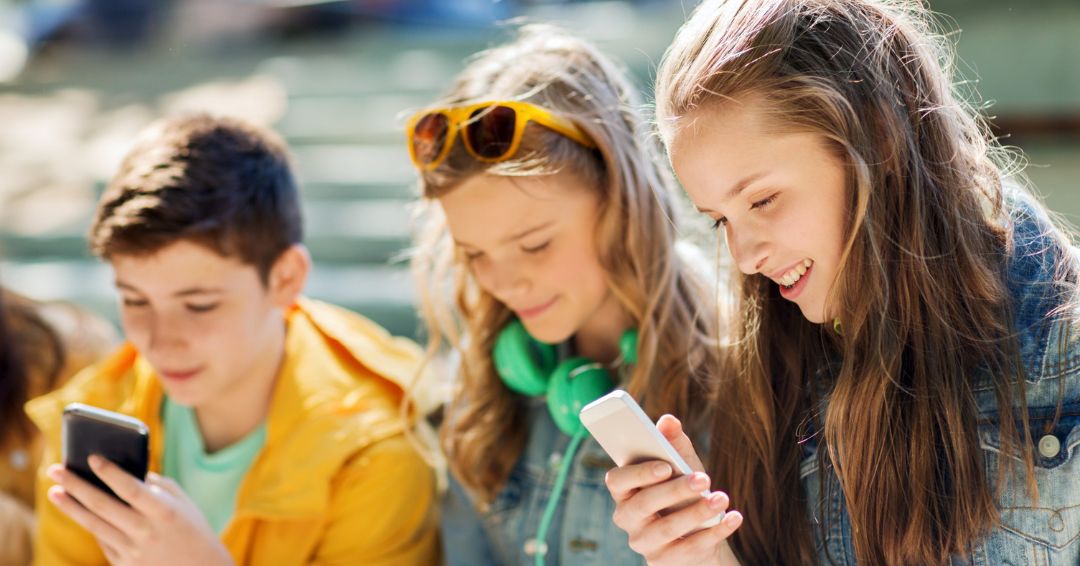The Australian government has announced groundbreaking legislation to establish a minimum age of 16 for social media access, positioning itself as a global leader in online child safety.
Prime Minister Anthony Albanese declared, “Social media is doing harm to our kids and I’m calling time on it,” emphasizing the urgency of the issue and the government’s commitment to protecting young people online.
A year of preparation for platforms
The legislation, slated for introduction in Parliament this November, would impose an age limit of 16 for social media platforms like X, TikTok, Instagram, and Facebook.
Platforms would have a 12-month grace period after the law’s passage to implement age-verification mechanisms and ensure compliance.
This lead-in time is designed to allow platforms to develop effective strategies to exclude underage users, while also offering guidance through the eSafety Commissioner, Australia’s online watchdog.
Communications Minister Michelle Rowland stressed the need for “enhanced penalties” to ensure platform compliance with Australian law, regardless of where the companies are based.
The opposition party has expressed in-principle support for the age limit, with lawmaker Paul Fletcher asserting that platforms already possess the technology to enforce such a ban.
Shifting the onus of responsibility
The proposed legislation places the responsibility for age verification squarely on social media platforms, not on parents or children.
Prime Minister Albanese stated that platforms will be required to demonstrate “reasonable steps” to prevent underage access, relieving parents of the sole burden of monitoring their children’s online activities.
However, parental consent would not override the age restriction.
The government has conducted trials of age-restriction technologies and will use the findings to guide platform implementation.
Industry concerns and alternative approaches
While the government emphasizes child safety, the proposal has sparked debate and criticism.
Antigone Davis, head of safety at Meta, while respecting the government’s intention, called for further discussion on implementation, suggesting stronger parental control tools within app stores and operating systems as a simpler, more effective solution.
The Digital Industry Group Inc. (DIGI), an industry advocate, criticized the age limit as a “20th Century response to 21st Century challenges,” advocating for age-appropriate online spaces, improved digital literacy, and targeted protection from online harm rather than outright bans.
Over 140 academics in related fields also opposed the age limit in an open letter to the Prime Minister, deeming it “too blunt an instrument.”
Mental health and enforcement challenges
Concerns have also been raised regarding the impact on young people’s mental health and the potential for circumvention.
Jackie Hallan, a director at youth mental health service ReachOut, told Associated Press that social media is a crucial access point for mental health support for many young people in Australia.
Driving this activity underground could hinder access to vital services.
Child psychologist Philip Tam suggested a lower age limit (12 or 13) would be more enforceable, echoing concerns about the ban’s practicality.
ANU lawyer Associate Professor Faith Gordon also raised concerns about the social pressures the ban could create within families.
The government acknowledges these complexities and has outlined plans for exclusions and exemptions, particularly for educational purposes.
The post Is age 16 too old or too young? Australia’s social media ban sparks debate appeared first on Invezz

